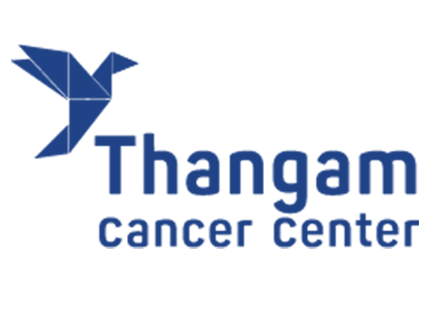It is challenging when dealing with cancer, including maintaining proper nutrition to support overall health and well-being. It is common to worry and query about the importance of good nutrition for cancer patients, diet plans, consideration for dietary supplements, side effects and the significance of consulting your medical team throughout your treatment. This article gives you an answer.
Importance of good and essential nutrition:
Maintaining a healthy weight and consuming nutritious foods are essential for cancer patients.
- The essential nutrients for cancer patients include water, lipids, carbohydrates, and proteins as these components support bodily functions and maintain overall health.
- It is important to stay physically active such as taking daily walks that preserve muscle mass and manage body fats.
- Weight fluctuations and dietary concerns are crucial for optimizing your nutritional intake and overall health during cancer treatment.
- Either consult with the nutritionist or ask cancer specialists about meeting your nutritional needs and addressing any deficiencies that may arise during cancer treatment.
How to start dietary supplements?
- Consult your cancer care team before taking any dietary supplements while receiving cancer treatment.
- While small doses of vitamins and minerals are beneficial if you’re unable to obtain enough calories from your diet. However, depending on your cancer treatment plan, taking large amounts of any particular supplement may be a risk.
- Keep your medical team informed about your supplements to ensure your safety and compatibility with your treatment plan.
Treatment side effects and nutrition:
Cancer therapy frequently results in physical side effects, such as diarrhea, nausea, vomiting, mouth ulcers, and taste changes, that can impact appetite and weight. It is advisable to clean your teeth and rinse your mouth before eating. Here are some suggestions which may be helpful.
- If you don’t feel like drinking water, try adding additional liquid to your meals and other beverages. For instance, have tea, milk, or milk alternatives while eating soup. Another choice is a sports drink. There are sports drinks without added sugar if you are watching your blood sugar. Alternatively, you can sip fruit juice-flavored water.
- Try adding some tasty herbs and spices if the food tastes dull. Try ingredients like lemon, garlic, pepper, dill, or rosemary. Also, excessive acidity (from lemons or other citrus) or spicy heat (from cayenne or other hot peppers) can be avoided if your mouth hurts.
- Instead of eating three big meals a day, eat several small ones. To ensure that the smaller meals tally up to the necessary number of calories, aim for six.
- If you’ve had enough of meat, try getting your protein from other meals. Try things like fish, eggs, cheese, beans, nuts, nut spreads, soybeans, and shakes or smoothies that are high in protein.
- Try fresh citrus fruits, chewing gum, or suck on mints or lemon drops if you taste something metallic in your tongue. When cooking, use non-metallic pots and pans and plastic utensils.
- Smooth the texture of meats and vegetables in a food processor or blender if you have gum disease or mouth sores. Add butter, light sauces, gravy, or cream to increase richness and calories. Try creating smoothies or juicing, a sore mouth may be relieved by the additional moisture.
- It’s not always possible that eating a cookie causes the sugar to travel straight to cancerous cells. The chances are high that cancer cells use sugar as fuel which may receive this power. The chances of eating lots of sugary foods may lead to increased weight which is an indirect cause of cancer. Thus, it needs to be avoided.
- Inform your medical team about your mental state which is particularly crucial, since psychological side effects may potentially be involved. You need to consult the doctors if any side effects are making it difficult for you to eat or drink. They can assist in certain ways, including by prescribing medicine to ease particular adverse effects.
Consultation: It is essential to consult with the right cancer treatment hospital in Tamil Nadu or medical specialists, such as nutritionists and oncologists, to create a customized diet plan that fits your unique needs, treatment plan, and type of cancer. You can improve your overall health and treatment results by customizing your diet to support your body’s nutritional needs and manage side effects from your treatment.
Hope, this article clarified the significance of a healthy diet for cancer patients, highlighting the necessity of having frequent conversations with your concerned medical teams and incorporating exercise into everyday routines. By prioritizing nutritional and dietary supplements, Cancer patients can boost their resilience, reduce treatment side effects, and improve their overall well-being as they work toward recovery and healing.

